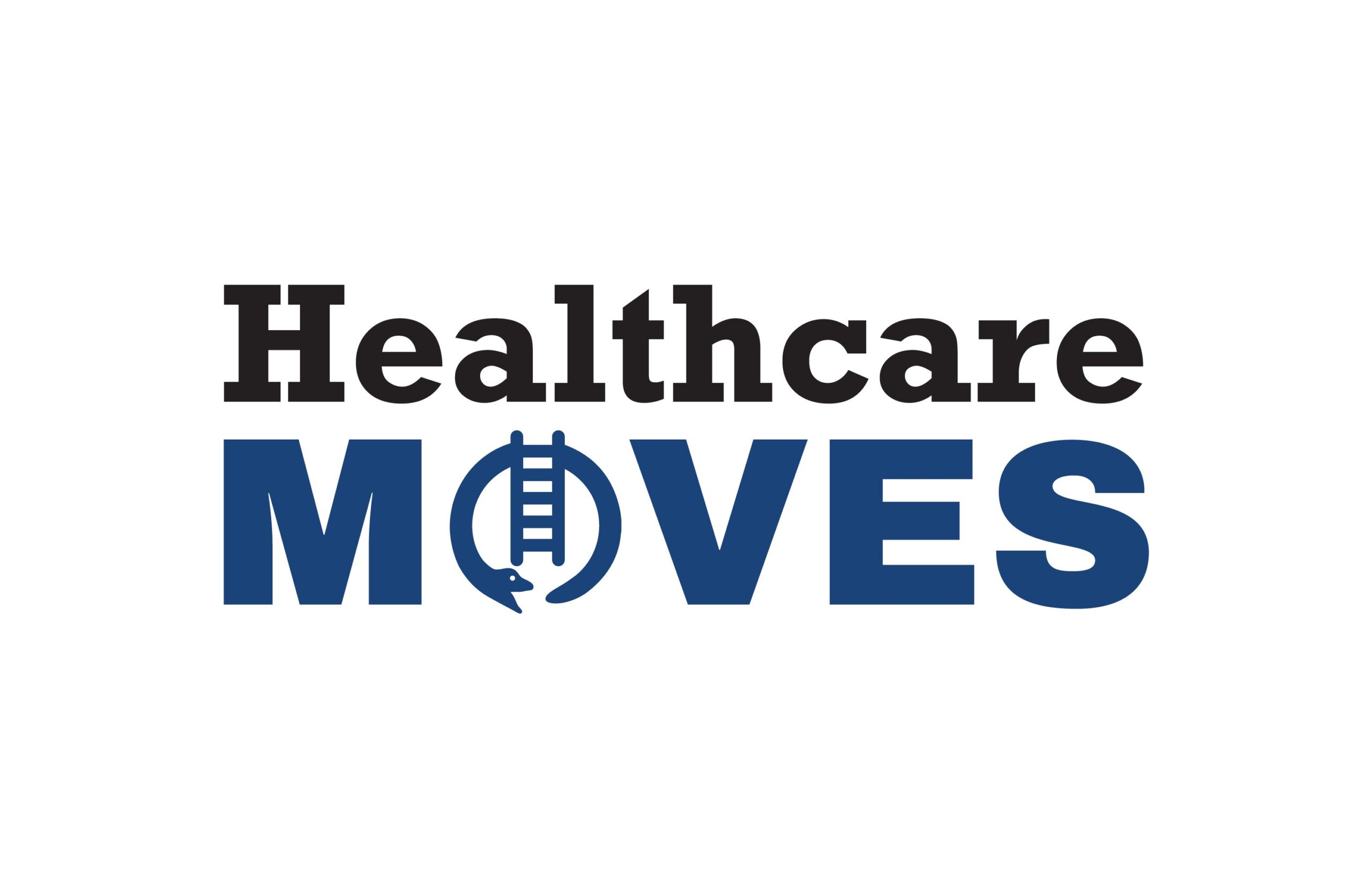
As a private practitioner, Cornell-trained psychiatrist Dr. Allie Sharma constantly found herself referring people to outside services, including for sleep, acupuncture and lifestyle issues. That’s why she co-founded Being Health, a startup that launched last week with $5.4 million in funding.
New York City-based Being Health offers psychiatry, psychotherapy and functional medicine (which focuses on identifying and treating the root cause of disease). It also provides wellness services like acupuncture and nutrition, as well as novel treatments like ketamine infusion therapy. The company serves patients in New York via telehealth and in-person at its clinic in New York City. Being Health’s care team includes psychiatrists, psychotherapists, nurse anesthetists, functional medicine physicians, nutritionists, acupuncturists and care advocates.

With the Rise of AI, What IP Disputes in Healthcare Are Likely to Emerge?
Munck Wilson Mandala Partner Greg Howison shared his perspective on some of the legal ramifications around AI, IP, connected devices and the data they generate, in response to emailed questions.
“We are putting a lot of different services under one roof, so what is tried and true like psychiatry and psychotherapy with what is new and novel. … When you have multiple disciplines under one roof, we’re having something called an integrated care team, so there’s a lot of provider collaboration, a lot of opportunity for them to learn from each other,” Sharma, who is also chief medical officer of the company, said in an interview.
Offering this breadth of services is important because of the strong link between mental and physical health, Sharma said. For example, a patient with depressive symptoms may come to Being Health wanting ketamine infusion therapy. But after running lab work, a Being Health clinician determines that the patient has a severe vitamin B12 deficiency that could “explain in part or in full the depressive symptoms or the worsening of them,” Sharma stated. So before thinking about ketamine, the company would treat the deficiency.
Being Health is starting direct-to-consumer but aims to go in network with insurers “as quickly as possible” to make it more accessible, according to Sharma. The prices for its services include $325 for a 30-minute psychiatry session, $175 for an initial acupuncture session and $425 for a ketamine consultation.
The $5.4 million in seed funding included participation from 18 Park and HDS Capital. The financing is being used to support the launch and get the company off the ground.
HDS Capital chose to invest in Being Health because of the way it combines traditional medicine with novel treatments.
“Being Health’s integrated model of care leveraging traditional and novel treatments is positioned to play a leading role in transforming mental health care as we know it,” said Haim Dabah, founder of HDS Capital and lead investor, in a statement. “By expanding the mental health toolkit and building a team of best-in-class clinicians coupled with gold standard safety protocols, Being Health can serve as a bridge to bring innovative treatments to patients in a safe, clinical environment.”
Sharma said that there are companies that offer pieces of what Being Health provides, but not all of its services. For example, Talkiatry offers telemental health, Mindbloom provides novel treatments like ketamine therapy, Parsley Health is focused on functional medicine and Zeel offers wellness services.
Looking ahead, Sharma said she hopes to collect data on the company’s outcomes and help replicate its model. More personally, she said she wants to see mental health be considered more of a lifestyle issue.
“There are so many things that you can do in terms of self-care — like basic foundational things, routines, the way you live your life, what you put into your body in terms of nutrition — that could help prevent a lot of mental health struggles,” Sharma declared. “A lot of it is, how do we educate people, even through our practice and through other means, so that people can first take care of themselves and they have the tools and knowledge to do so? And then if things are too overwhelming, they can seek out care from a licensed mental health professional.”
Photo: SIphotography, Getty Images















